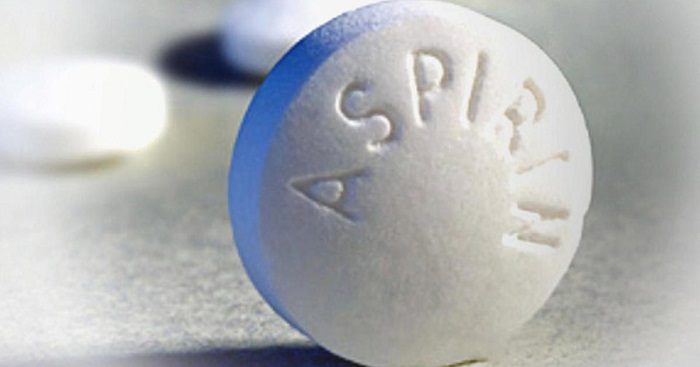- The Hypertension Optimal Treatment (HOT) Study confirms a dangerous flaw of aspirin. In this study, 18,790 hypertensive patients took 75 mg of aspirin or a placebo daily for 3.8 years—and the aspirin group had more risk than benefit. (Increased major internal bleeding by 65%!)
- And a study reported in the American Heart Journal concludes that aspirin is dangerous and ineffective for people with heart failure. In this study, 279 patients with heart failure took on average 300 mg of aspirin… a popular blood thinning prescription drug… or nothing. The results were appalling:
Those taking aspirin got ZERO health benefits; there was NO difference in incidences of death, nonfatal heart attacks, or nonfatal strokes between the aspirin group and those taking nothing; those taking aspirin INCREASED their risk of serious G.I. bleeding; and those taking aspirin were TWICE as likely to be hospitalized for heart complications compared to the blood thinning drug group.
- Aspirin permanently damages platelets (the component of the blood responsible for clotting). It takes three days for the body to make more platelets. For this reason, the effects of aspirin lasts for three days. If aspirin is not buffered, the most common side effect is stomach irritation and bleeding ulcers. Bleeding ulcers may result in substantial blood loss requiring blood transfusion. The only benefit from aspirin is the magnesium used as the buffering agent. Remember, magnesium relaxes blood vessels going into the heart…So skip the toxic aspirin and eat more raw nuts and dark chocolate which are both loaded with magnesium without the risk of bleeding to death!
- Aspirin is supposed to help prevent heart disease, right? – But, once you have the problem, the drug can be fatal. People with high blood pressure (hypertension) and coronary artery disease increase their risk of dying by 47% when they take aspirin and other NSAIDs (non-steroidal, anti-inflammatory drugs). The NSAIDs also increase the risk of a non-fatal heart attack or debilitating stroke, researchers have discovered. To prove that it was the NSAID and not the hypertension that was to blame, researchers from the University of Florida compared two groups who either took an NSAID every day or infrequently. (American Journal of Medicine, 2011)
- Researchers from the Netherlands Institute for Neuroscience and Academic Medical Centre found that a daily dose of aspirin could double the risk of suffering blindness in later life. Those who take the drug daily are twice as likely to be diagnosed with late stage age-related macular degeneration as those who don’t. (October, 2011)
- Jan. 6, 2004 — An analysis of data from the Nurses’ Health Study (88,000 nurses studied), published in the Jan. 7 issue of the Journal of the National Cancer Institute, suggests that regular use of aspirin for 20 years or more is associated with an increased risk of pancreatic cancer! The cancer risk increased dramatically the more aspirin was consumed. To even suggest a daily aspirin as a health benefit based off this one study alone is fraudulent and unethical. The numbers are staggering: 86% increased risk with 14 or more tablets per week, 41% increased risk with 6 to 13 tablets per week, 29% increased risk with 4 to 6 tablets per week, 11% increased risk with 1 to 3 tablets per week.
- Use of Aspirin or Non-steroidal Anti-inflammatory Drugs Increases Risk for Diverticulitis and Diverticular Bleeding. (Gastroenterology Volume 140, Issue 5 , Pages 1427-1433, May 2011)
*This information is not intended as medical advice and you are urged to consult your medical physician prior to taking or stopping any medications.




